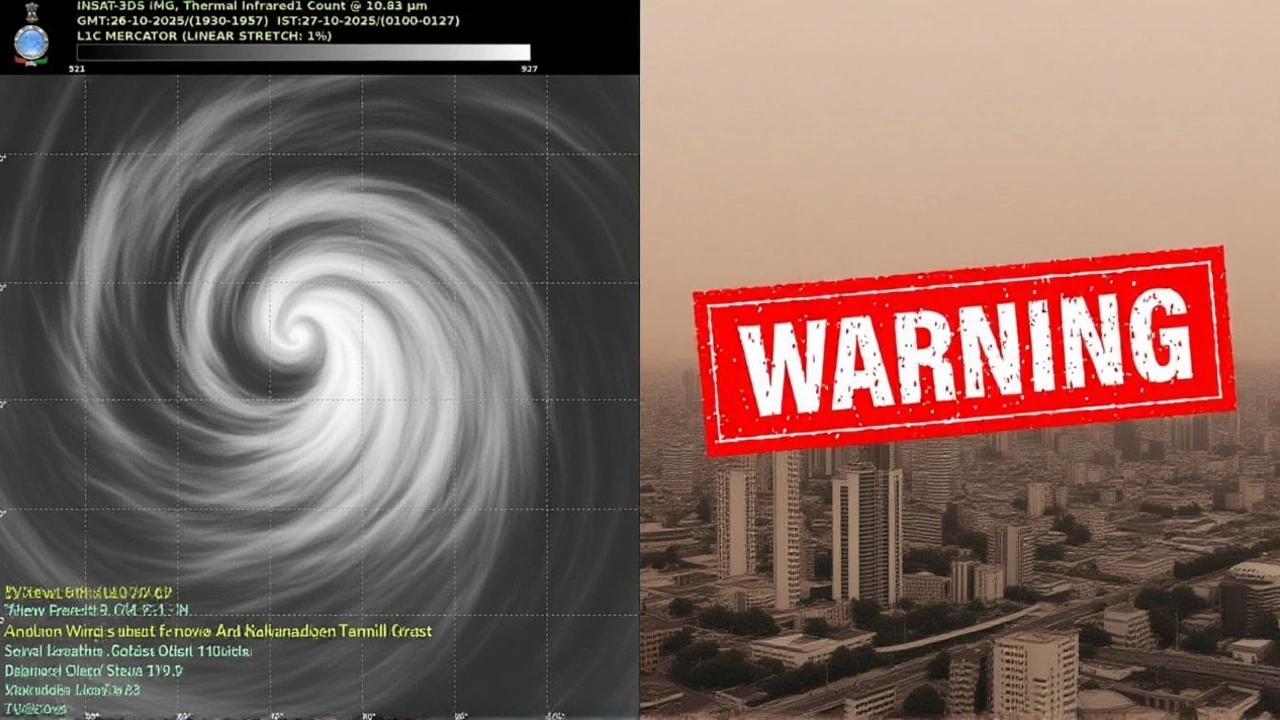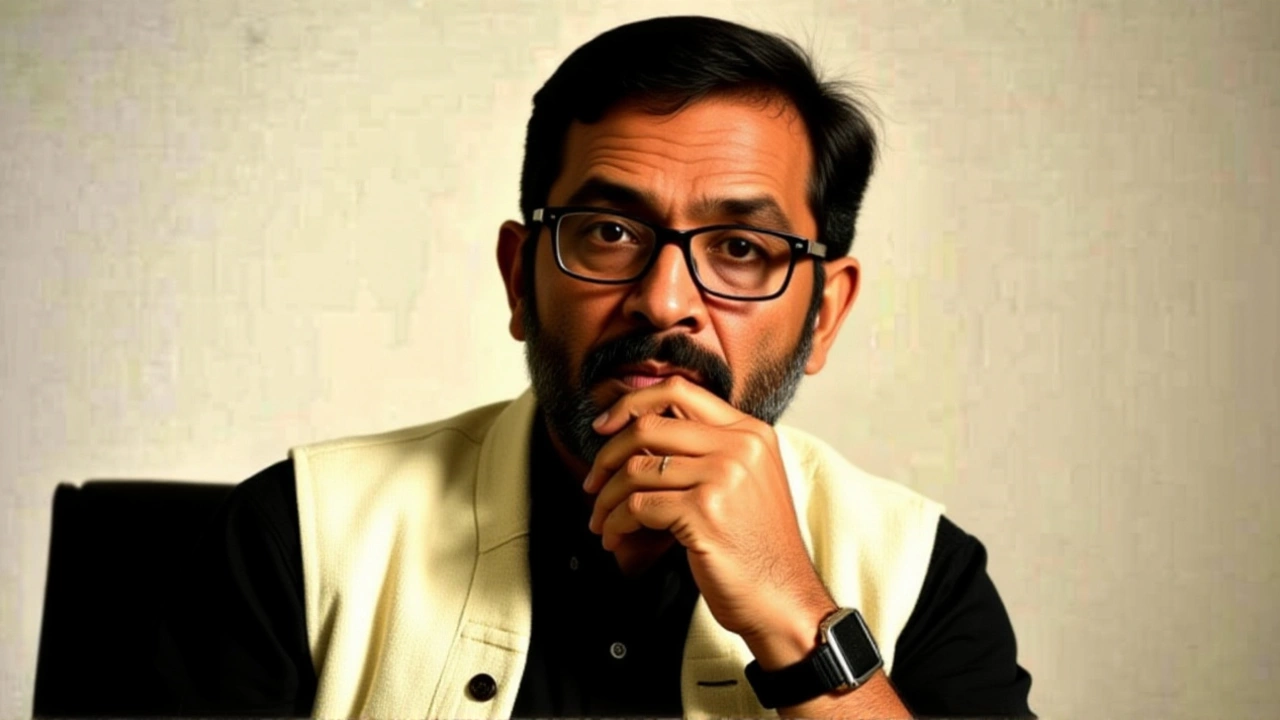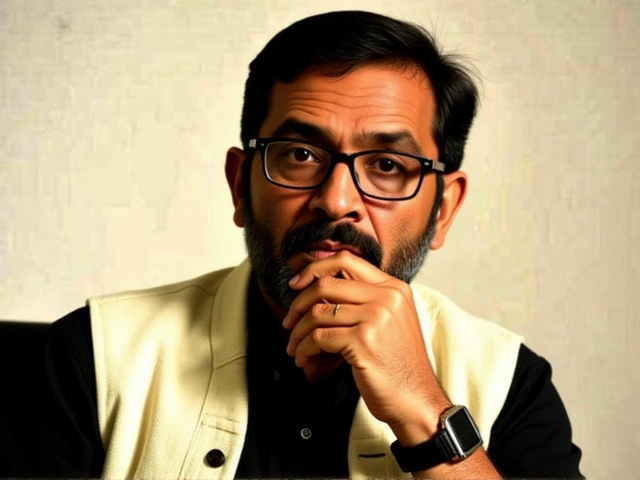Science – Nobel Prize, Economics, and Poverty Research Explained
When working with Science, the systematic study of the natural and social world. Also known as scientific inquiry, it drives discoveries that shape societies. One of the most visible signals of breakthrough Science is the Nobel Prize, an international award recognizing outstanding contributions in fields like Physics, Chemistry, Medicine, Literature, Peace and Economic Sciences. The prize often spotlights work in Poverty Research, where scientists test policies to lift people out of hardship. By combining rigorous experiments with real‑world data, researchers translate abstract Theory into tangible impact. This blend of Theory and Practice is what makes Science feel alive today.
Why Economics Matters in Scientific Discovery
Economics sits at the crossroads of social Science and policy, using mathematical models and field experiments to answer “what works?” questions. Institutions like MIT nurture economists who design experiments that resemble controlled lab studies but happen on city streets, villages, or entire countries. When an economist such as Abhijit Banerjee wins the Nobel, the achievement highlights how Science can reshape public‑policy debates. His move to the University of Zurich shows that academic mobility spreads innovative methods worldwide, encouraging local scholars to adopt evidence‑based approaches. In short, Economics provides the tools, while the Nobel Prize amplifies the message, and Poverty Research supplies the real‑world testing ground.
Below you’ll find a curated list of articles that dive deep into these themes: profiles of Nobel laureates, breakdowns of landmark economic experiments, and stories of how poverty‑focused studies influence governments. Each piece connects back to the core idea that Science thrives when diverse fields collaborate. As you scroll, expect clear explanations, concrete examples, and practical takeaways that you can apply whether you’re a student, a policy‑maker, or just curious about how research changes lives.
Cyclone Montha is set to make landfall near Kakinada on October 28, 2025, with 110 km/h winds and over 20 cm of rain, triggering emergency responses from PM Modi, CM Naidu, and NDRF teams across five states.
READ MORE
Abhijit Banerjee, MIT professor, won the 2019 Nobel in Economics for experimental poverty research; now moves to University of Zurich to expand global impact.
READ MORE






